Summary | Excerpt | Reading Guide | Discuss | Reviews | Beyond the book | Read-Alikes | Genres & Themes | Author Bio
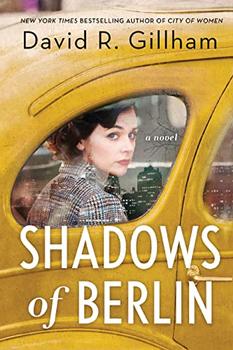
A Novel
by David R. GillhamA captivating novel of a Berlin girl on the run from the guilt of her past and the boy from Brooklyn who loves her.
1955 in New York City: the city of instant coffee, bagels at Katz's Deli, new-fangled TVs. But in the Perlman's walk-up in Chelsea, the past is as close as the present. Rachel came to Manhattan in a wave of displaced Jews who managed to survive the horrors of war. Her Uncle Fritz fleeing with her, Rachel hoped to find freedom from her pain in New York and in the arms of her new American husband, Aaron.
But this child of Berlin and daughter of an artist cannot seem to outrun her guilt in the role of American housewife, not until she can shed the ghosts of her past. And when Uncle Fritz discovers, in a dreary midtown pawn shop, the most shocking portrait that her mother had ever painted, Rachel's memories begin to terrorize her, forcing her to face the choices she made to stay alive―choices that might be her undoing.
From the cafes of war-torn Germany to the frantic drumbeat of 1950s Manhattan, Shadows of Berlin dramatically explores survival, redemption and the way we learn to love and forgive across impossible divides.
Gillham expertly unfolds this tale in increments, keeping his audience spellbound until Rachel's full history is laid bare. Although the third-person account is told entirely from Rachel's perspective, Aaron is illuminated through her observations of him, and the author's ability to imbue this character with so much nuance is remarkable. Shadows of Berlin is an excellent exploration of survivor's guilt, as well as a brilliant portrayal of a marriage reaching a breaking point. I highly recommend it for most audiences, particularly those interested in Jewish culture in the United States after WWII...continued
Full Review
(672 words)
This review is available to non-members for a limited time. For full access,
become a member today.
(Reviewed by Kim Kovacs).
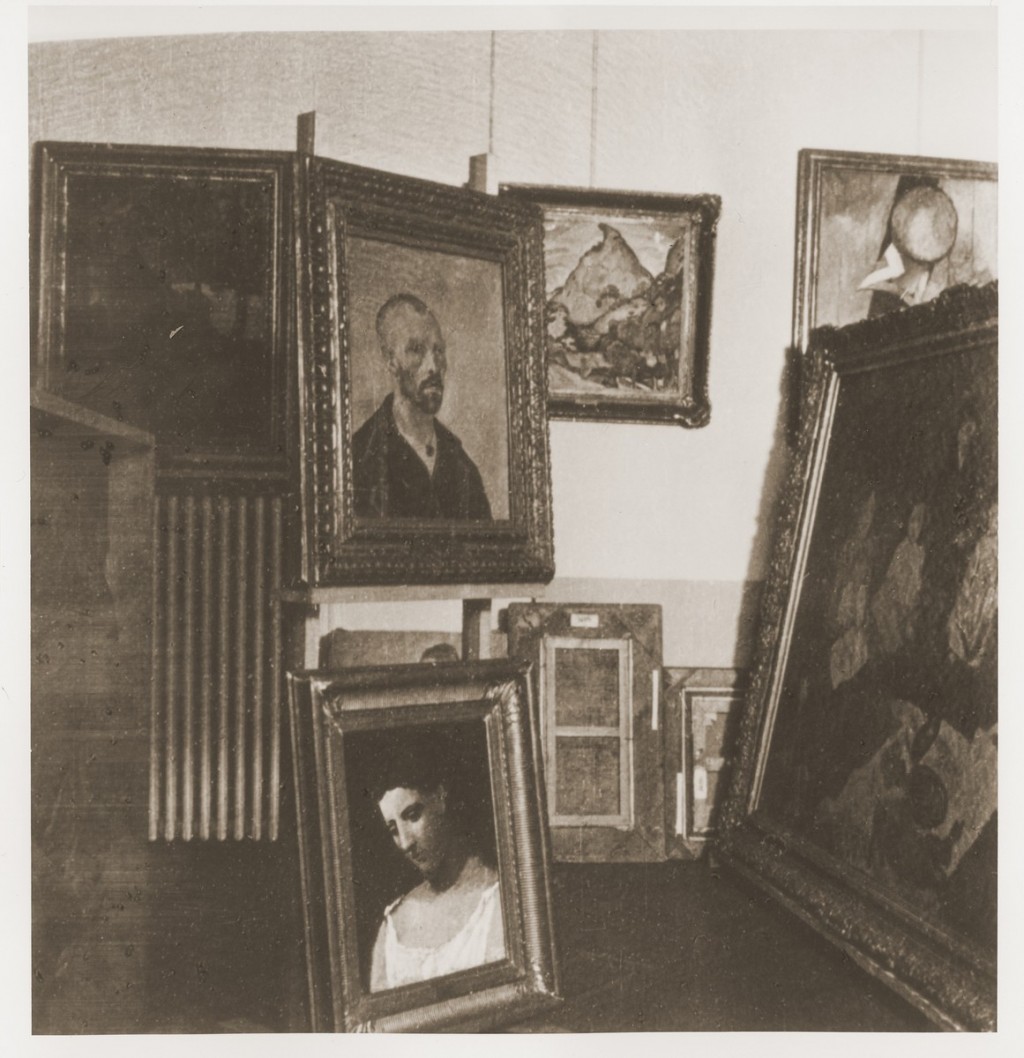 In David R. Gillham's Shadows of Berlin, the protagonist's mother was a modern artist whose work was banned by the Hitler Regime.
In David R. Gillham's Shadows of Berlin, the protagonist's mother was a modern artist whose work was banned by the Hitler Regime.
Adolf Hitler didn't originally intend to have a career in politics, planning instead to be a professional artist. In 1907 at the age of 18, he applied to Vienna's Academy of Fine Arts, but was rejected — twice. Still, he was able to make a reliable living selling his paintings to tourists before leaving for Munich in 1913, where he worked on commission for several wealthy patrons. The dismissal of his work by Austria's artistic elite struck a nerve, though, and their refusal to take his paintings seriously had consequences the art world never could have foreseen.
Over the ensuing decades, Hitler came...
This "beyond the book" feature is available to non-members for a limited time. Join today for full access.

If you liked Shadows of Berlin, try these:
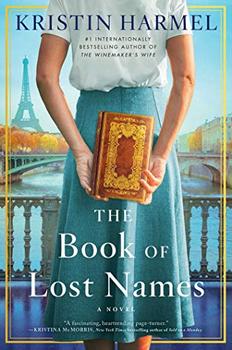
by Kristin Harmel
Published 2021
Inspired by an astonishing true story from World War II, a young woman with a talent for forgery helps hundreds of Jewish children flee the Nazis in this unforgettable historical novel from the New York Times bestselling author of the "epic and heart-wrenching World War II tale" (Alyson Noel, #1 New York Times bestselling author) The Winemaker's ...

by Jennifer Rosner
Published 2021
In Poland, as World War II rages, a mother hides with her young daughter, a musical prodigy whose slightest sound may cost them their lives.

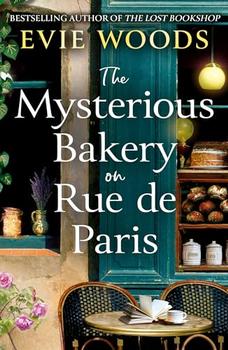
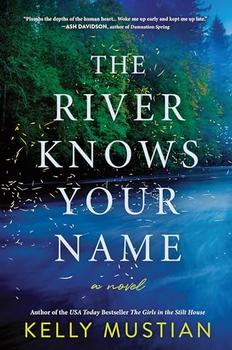
Happiness makes up in height for what it lacks in length.
Click Here to find out who said this, as well as discovering other famous literary quotes!